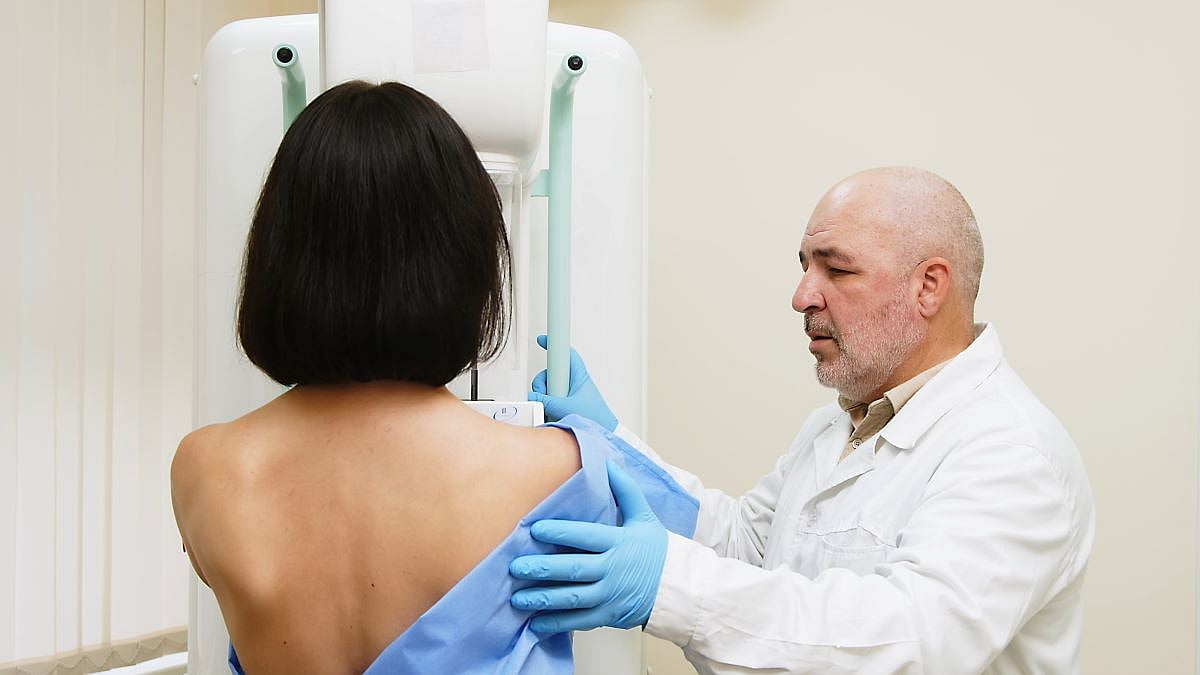Contrast-enhanced techniques have superior performance compared with whole breast ultrasound
By Elana Gotkine HealthDay Reporter
THURSDAY, May 29, 2025 (HealthDay News) — Abbreviated magnetic resonance imaging (MRI) and contrast-enhanced mammography detect more cancers and invasive cancers than automated whole breast ultrasound (ABUS), according to a study published online May 21 in The Lancet.
Fiona J. Gilbert, M.B.Ch.B., from the University of Cambridge in the United Kingdom, and colleagues conducted a randomized controlled trial at 10 breast screening sites involving women aged 50 to 70 years with dense breasts and negative mammogram who were independently allocated to receive abbreviated MRI (2,318 women), ABUS (2,240), or contrast-enhanced mammography (2,235) or standard of care (2,568). The outcome analysis included 2,130 women in the abbreviated MRI group, 2,141 in the ABUS group, and 2,035 in the contrast-enhanced mammography group.
The researchers found that the cancer detection rate was 17.4, 4.2, and 19.2 per 1,000 examinations for abbreviated MRI, ABUS, and contrast-enhanced mammography, respectively, of which 15.0, 4.2, and 15.7 per 1,000 examinations, respectively, were for invasive cancers. The detection rates were significantly higher for abbreviated MRI than for ABUS and nonsignificantly higher for abbreviated MRI than for contrast-enhanced mammography.
“This study shows that contrast-enhanced techniques such as abbreviated MRI and contrast-enhanced mammography have a superior performance compared with whole breast ultrasound,” the authors write.
Editorial (subscription or payment may be required)
Copyright © 2025 HealthDay. All rights reserved.








